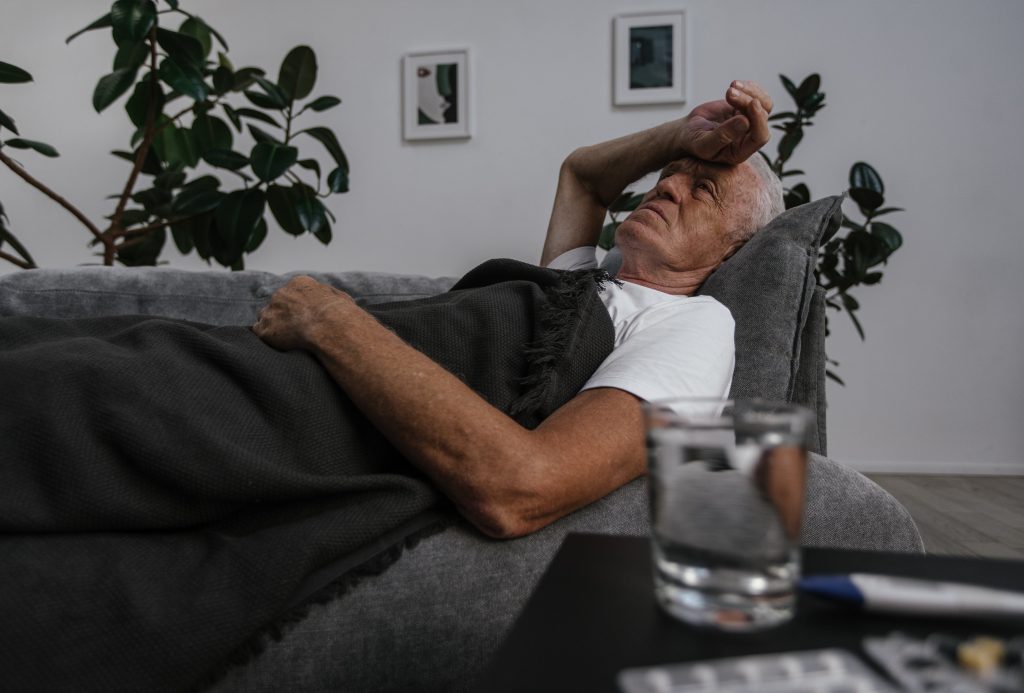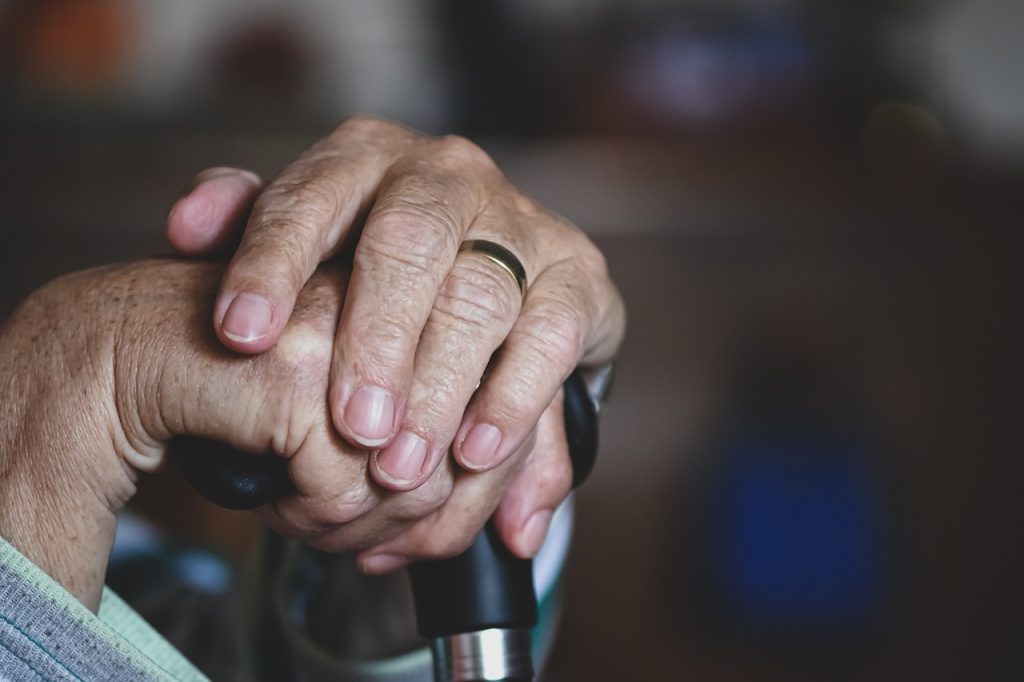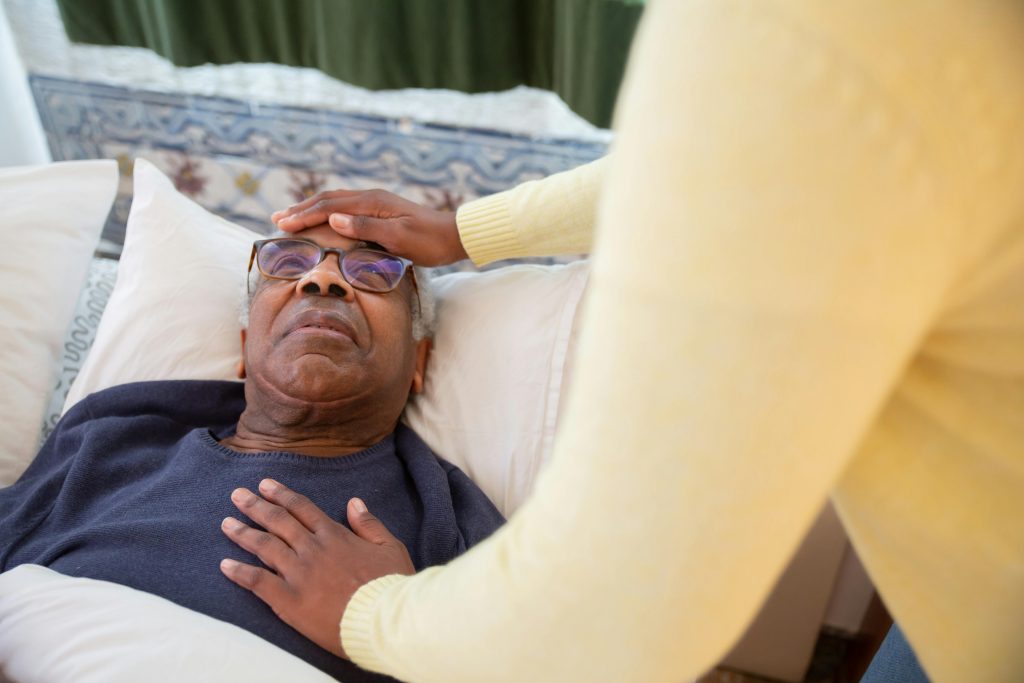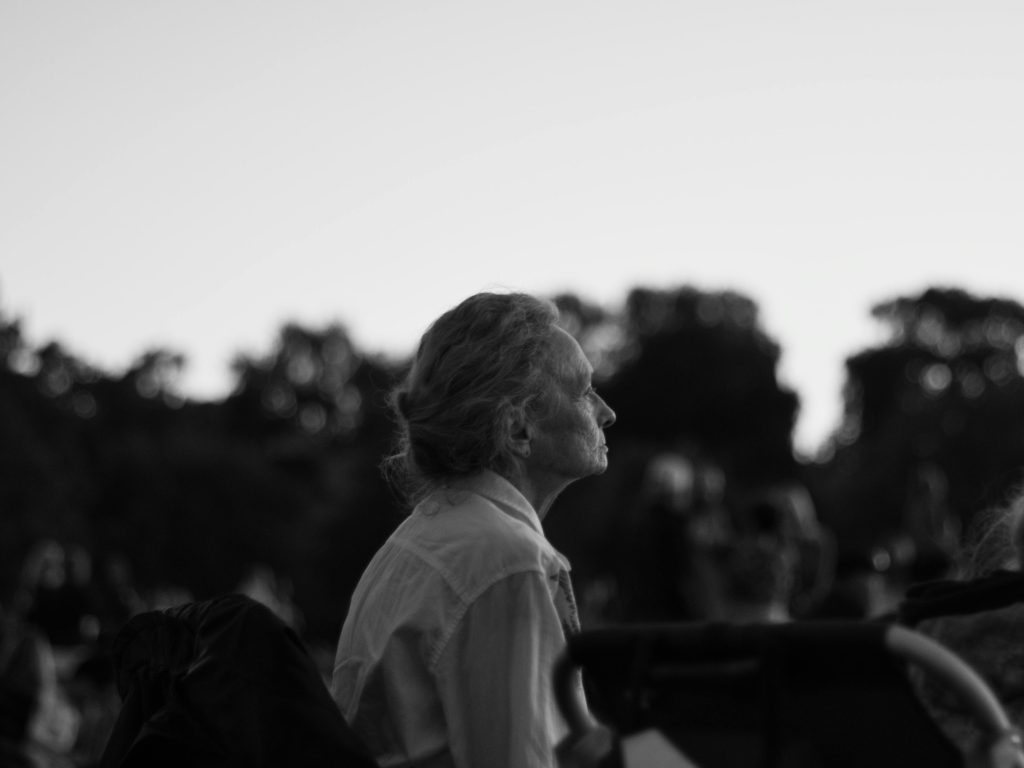Understaffing in nursing homes is one of the contributing factors of nursing home neglect or abuse, and it has serious ramifications. It can lead to major health complications and a reduced quality of life. According to a U.S. Department of Health and Human Services (DHHS) report, up to 90 percent of nursing homes are understaffed, reports The New York Times. Cost is a major reason why long-term care facilities have too few workers, but better resource and staff management in facilities could curtail understaffing-related nursing home neglect and abuse greatly.
Understanding Understaffing in Nursing Homes
The Consequences of Understaffing
The government recommends that patients spend a minimum of two hours a day with a nursing aide and 12 minutes a day with a registered nurse. The DDHS report concludes that nursing homes fall short of these standards by 54 percent and 69 percent, respectively.
Understaffing inevitably leads to neglect. When facilities have too few workers, the patients don’t get the time and attention they need, their medical issues may go unnoticed, and their psychological and emotional health deteriorates. Below are some of the ramifications of understaffing.
Free Case Evaluation
- Immobility-related harm – Because patients depend upon staff to move them around, patients can develop bed sores, muscle atrophy and skin infections when the facility is understaffed.
- Unmet needs – In understaffed nursing homes, patients’ physical, grooming and emotional needs go unmet. Their medicine may not be administered on schedule, and they can suffer serious side effects. They may not be fed and groomed adequately, and they can become malnourished and dehydrated.
- Abuse – Understaffing means a high workload for the whole nursing home staff. This leads to high levels of stress and causes aides to lose their tempers and treat residents harshly. Staff may wind up force-feeding residents, yelling at them or physically assaulting them.
Is your loved one at an understaffed facility?
The University of California reports that the recommended staff-to-resident ratio is as follows: one caregiver to five residents during the day, one to 10 in the evenings, and one to 15 at night. Residents need about 4.5 hours of direct care per day.
Many facilities fall far short of these basic requirements. If you are looking for a nursing home for your loved one, you will want to check out their reviews and any online reports about the facility. You can visit the Medicare website for reports on many facilities around the nation. Visit each prospective facility, interview management, tour the grounds and ask lots of questions. If you suspect the staff, facility or their practices are subpar, look for a different home.
If your loved one is already in a nursing home, and you notice a change in his/her behavior (depression, avoiding contact, disinterest, anxiety, etc.), bed sores, or declining health, then something may be amiss. Your gut instinct is also a good indicator; if you suspect something is wrong, it probably is. Inform management of your concerns, and consider taking your loved one to a different facility. If you suspect abuse or neglect, you can report it to the Adult Protective Services.
Case Results
Confidential
Nursing home vulnerable adult medication overdose wrongful death in Pierce County.
$5,000,000
Negligence, neglect, and abandonment litigation against the State of Washington, DSHS, and Brighton Enterprises, Inc by Guardian for Vulnerable Adult
$4,755,555
Neglect and abandonment litigation against the State of Washington, DSHS, and Brighton Enterprises Inc by Guardian for Vulnerable Adult
Our Approach to Understaffing in Nursing Homes Cases
At Ron Meyers & Associates, we understand the devastating impact that understaffing can have on nursing home residents. Our approach to handling cases related to understaffing in nursing homes is focused on seeking justice for those affected and holding accountable the facilities and parties responsible for neglect and abuse.
- Thorough Investigation: We begin by conducting a comprehensive investigation into the nursing home facility and its staffing practices. Our experienced team gathers evidence, reviews records, and interviews staff members and witnesses to establish a clear understanding of the understaffing issue and its consequences on resident care.
- Expert Collaboration: We work closely with medical professionals, including nurses, doctors, and specialists, to evaluate the harm caused by understaffing. Their expertise helps us assess the extent of neglect, the resulting injuries or medical complications, and the impact on the resident’s overall well-being.
- Legal Strategy Development: Based on the findings of our investigation and collaboration with experts, we develop a tailored legal strategy for each case. Our goal is to build a strong case that demonstrates the direct link between understaffing and the harm suffered by the resident.
- Seeking Fair Compensation: We fight tirelessly to ensure that our clients receive the compensation they deserve. This includes pursuing damages for medical expenses, pain and suffering, emotional distress, and other losses caused by the understaffing-related neglect or abuse. Our experienced attorneys are skilled negotiators and, if necessary, tenacious advocates in the courtroom.
- Raising Awareness: In addition to seeking justice on an individual level, we are committed to raising awareness about the issue of understaffing in nursing homes. By shedding light on this critical problem, we strive to drive positive change and encourage improved staffing practices to protect the well-being of nursing home residents.
If your loved one has suffered due to understaffing in a nursing home, we are here to help. Contact Ron Meyers & Associates for a compassionate and experienced legal team that will fight relentlessly to hold the responsible parties accountable and seek the compensation your loved one deserves.
How Ron Meyers & Associates Can Help with Understaffing in Nursing Homes Cases
What can you do if your loved one has been harmed in a nursing home?
If your loved one was harmed or died as a result of nursing home abuse or neglect, you have the legal means to hold the facility liable for damages. You will want to speak to a nursing home neglect or abuse attorney to review your case and determine if you have a viable claim.
Our firm handles cases of this nature and will be happy to meet with you to answer your questions, free of charge. We stand determinedly against the poor treatment of the elderly and have fought diligently to recover thousands of dollars on their and their families’ behalf. Call Ron Meyers & Associates PLLC at 844-920-2438 and schedule a consultation.
Frequently Asked Questions About Understaffing in Nursing Homes Cases
Signs of understaffing in a nursing home may include:
- Delayed response to resident calls or requests for assistance.
- Residents not receiving help with daily tasks, such as bathing, dressing, or toileting, in a timely manner.
- Increased incidents of resident falls or accidents.
- Residents not receiving medication on schedule or experiencing medication errors.
- Lack of supervision and monitoring, leading to resident injuries or wandering.
Understaffing in nursing homes often leads to neglect and abuse due to the insufficient number of caregivers available to meet residents’ needs. When there are too few staff members, residents may not receive the necessary attention, care, and assistance, resulting in medical complications, emotional distress, and even physical harm. Understaffing increases the workload and stress on caregivers, which can lead to burnout and a higher likelihood of neglect or abusive behaviors.
Yes, understaffing in a nursing home can be considered a form of neglect or abuse. Nursing homes have a duty to provide an adequate level of care and ensure the safety and well-being of their residents. When a facility fails to maintain appropriate staffing levels, resulting in neglect or abuse, it can be held legally responsible.
If your loved one has suffered neglect or abuse due to understaffing in a nursing home, legal actions can include:
- Filing a personal injury lawsuit against the nursing home to seek compensation for damages.
- Reporting the neglect or abuse to state authorities, such as Adult Protective Services.
- Cooperating with investigations conducted by regulatory agencies.
- Seeking assistance from an experienced attorney specializing in nursing home neglect and abuse cases to guide you through the legal process.
Yes, you can sue a nursing home for understaffing-related neglect or abuse in Washington State. Under Washington law, nursing homes have a duty to provide a reasonable standard of care to their residents. When understaffing leads to neglect or abuse, resulting in harm to a resident, legal action can be pursued to seek compensation for damages.
In an understaffing-related nursing home neglect or abuse case, various damages can be pursued, including:
- Medical expenses related to injuries or complications caused by neglect or abuse.
- Pain and suffering endured by the resident due to mistreatment.
- Emotional distress and psychological trauma experienced by the resident.
- Additional costs for necessary care, therapy, or rehabilitation.
- Punitive damages, in some cases, to punish the nursing home for their egregious conduct.
Yes, there is a time limit, known as the statute of limitations, for filing a lawsuit in an understaffing-related nursing home neglect or abuse case in Washington State. The statute of limitations sets a deadline by which the lawsuit must be initiated. In Washington, the statute of limitations for personal injury claims, including nursing home neglect or abuse, is typically three years from the date of the injury or when it was discovered or should have been discovered.
If your loved one passed away due to understaffing-related neglect or abuse in a nursing home, you may be able to pursue a wrongful death claim. Under Washington law, certain eligible family members can file a wrongful death lawsuit seeking compensation for damages, including funeral expenses, loss of companionship, and the emotional impact of the loss.















